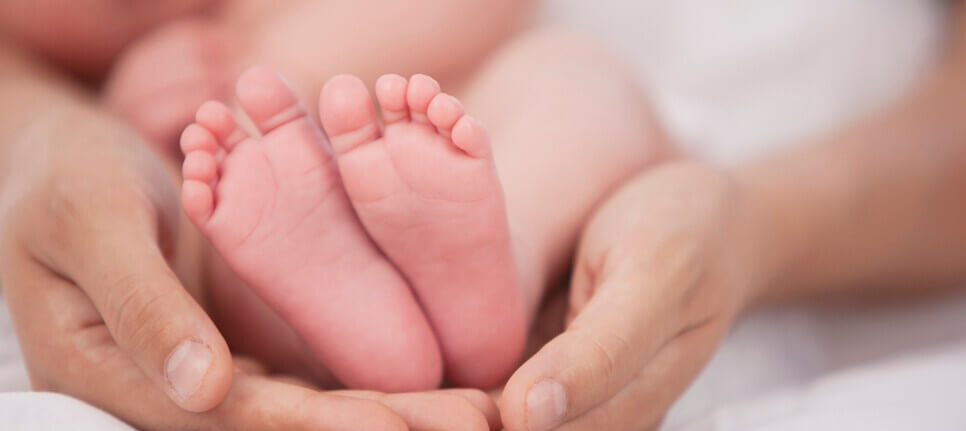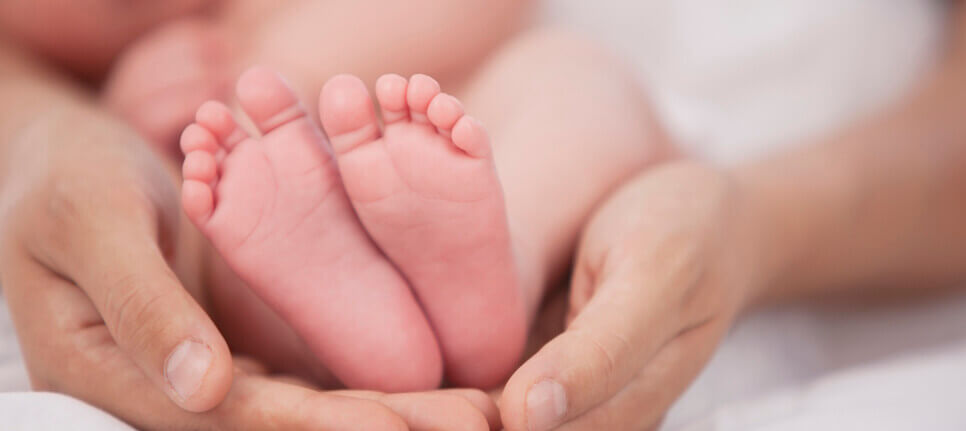
Best Fertility treatment in Nagpur at VIMS Hospital. Our aim is to assist you to complete the journey of conceiving the child of your dreams to bringing home your bundle of joy.
At VIMS Hospital, we provide the best fertility treatment in Nagpur with a compassionate approach. Our team of specialists is committed to offering individualized and minimally invasive treatment options. To ensure quality care for every patient.
Our Fertility Centre brings together a team of experienced fertility experts. Including specialist fertility doctors, embryologists, and trained nurses. Working together, they can help you achieve your dream of having a child.
About Infertility
Infertility is defined as a couple not being able to conceive after 12 months of regular unprotected sexual intercourse. Infertility affects 1 in every 7 couples. This makes it one of the most common problems faced by people between the ages of 20 and 45.
In addition, the longer a woman tries to get pregnant without conceiving, the lower her chances to get pregnant without medical treatment. Most (85%) couples with normal fertility will conceive within a year of trying. If a couple doesn’t conceive in the first year, their chances of conceiving get lower each month. This happens more quickly as the woman gets older.
When to Seek Treatment?
If you have been trying to conceive for six months or more without success, you are not alone. Below is some infertility causes that couples may want to consider seeking treatment:
- Ovulation disorders
- Abnormal sperm production or function
- Problems with the delivery of sperm
- Damage related to cancer and its treatment
- Uterine or cervical abnormalities
- Fallopian tube damage or blockage
- Endometriosis
- Primary ovarian insufficiency
Ready to start your fertility journey? Book an appointment with our expert Dr. Aarti Kalbande at VIMS Hospital, offering the best fertility treatment in Nagpur. Get a comprehensive fertility assessment today.
SERVICES & PROCEDURES OFFERED
Discover the best fertility treatment in Nagpur at VIMS Hospital. Our experienced fertility specialists use advanced treatments to help couples achieve their dream of starting a family.
Treatment begins with understanding the cause of any fertility issues, through fertility assessments for both partners. Basic investigation and conventional treatment modalities are usually advised prior to advanced methods used. To attempt pregnancy via artificial or partially artificial methods called Assisted Reproductive Techniques (ART). These include the following:
Semen Analysis
A common test for males, the semen analysis evaluates certain characteristics of the semen and determines the number and quality of the sperm.
Sperm Freezing / Banking
It is a procedure to preserve the sperm cells for future use. Semen can be used successfully after cryopreservation. It is advisable as a ‘backup’ semen sample for specific situations such as difficulty in producing a sample on the day, a male partner away for employment, or declining semen quality. Sperm freezing is also available for men before they go through chemo or radiotherapy and before a vasectomy and prostate surgery.
Surgical Sperm Retrieval
This treatment is suitable for:
- An obstruction preventing sperm release, due to injury or infection
- Congenital absence of the vas deferens (men born without the tube that drains the sperm from the testicle)
- Vasectomy
- Non-obstructive azoospermia – the testicles are producing such low numbers of sperm that they don’t reach the vas deferens.
Timed Intercourse
It is a natural family planning method to conceive based on the right timing for intercourse during the fertile window either using the natural cycle or with medications.
IUI is a simple procedure where the doctor uses a small catheter to put the washed sperm into the uterus after minimal stimulation with medications or injections.
In Vitro Fertilization (IVF)
IVF is the most common kind of ART. It is done by joining the sperm and eggs outside a woman’s body in a small dish in the laboratory to allow fertilization to occur.
One or more embryos are then transferred into the woman’s uterus. The patient will need to undergo an ovulation induction with a combination of a few drugs to stimulate the ovaries to produce more follicles or eggs.
Intra Cytoplasmic Sperm Injection (ICSI)
ICSI is a procedure whereby a single healthy sperm is injected into the center of the egg using a delicate microneedle. This method is used when the sperm have difficulty penetrating the egg or when the sperm count is very low.
The wife will still need to undergo ovulation induction with a combination of a few drugs to stimulate the ovaries to produce more follicles or eggs.
Embryo Freezing / Banking
Embryo freezing is useful for storing surplus embryos after a cycle of IVF, as patients who fail to conceive may become pregnant using such embryos without having to go through a full IVF cycle again. Or, if pregnancy occurred, they could return later for another pregnancy.
Embryo freezing is also an alternative for couples that might not want to transfer too many embryos and risk multiple pregnancies.
Blastocyst Transfer
It is an extended embryo culturing to provide high-quality embryos which are capable of continued development and result in a higher live birth rate.
This is particularly useful for younger women with a good prognosis for pregnancy from IVF. However, only less than 55% of the human embryos progress to the blastocyst stage after 5 days of culture and there will be fewer embryos for freezing.
Frozen Embryo Transfer (FET)
A FET cycle is for women with the wish to use their frozen embryos in the future, e.g. after delivery of a child, after an unsuccessful stimulated IVF cycle. FET is also a good option when the endometrium lining or hormone is showing signs of not being suitable for a fresh embryo transfer during a stimulated IVF cycle.
Oocyte Freezing / Banking
Oocyte cryopreservation is aimed at three particular groups of women:
- Those diagnosed with cancer who have not yet begun chemotherapy or radiotherapy
- Women with a family history of early menopause
- Those who would like to preserve their future ability to have children, either because they do not yet have a partner, or because of work commitment
Embryo Biopsy
Woman of an advanced age (>35 years old) is at an increased risk for chromosomal abnormalities and embryo biopsy can be done to rule out the chromosomal abnormalities and genetic diseases in pregnancies. The biopsy is performed by taking a small sample of cells from the embryo using a micromanipulator and micropipette and the cells will be sent out for genetic screening.
Laser Assisted Hatching (LAH)
It is a laboratory procedure performed mostly on cleavage-stage embryos before being transferred back to the patient’s womb. During the procedure, a small opening is made on the outer shell of the embryo. LAH can assist the embryo in breaking out of this shell to facilitate the implantation process.
Another infertility treatment that is a component of assisted conception is Intrauterine Insemination (IUI)
IUI is a simple procedure where the doctor uses a small catheter to put the washed sperm into the uterus after minimal stimulation with medications or injections.

